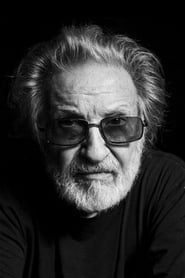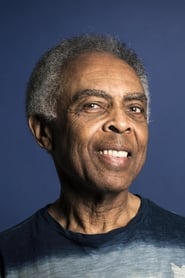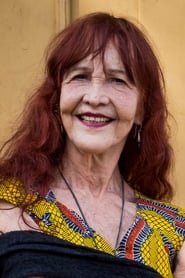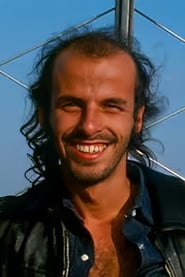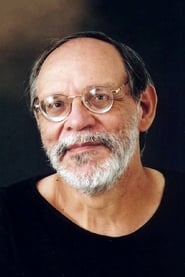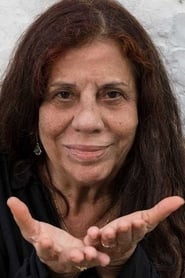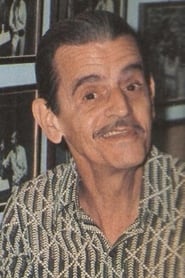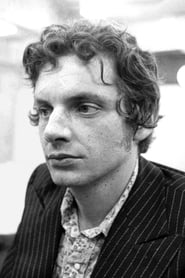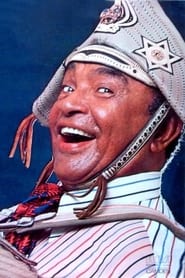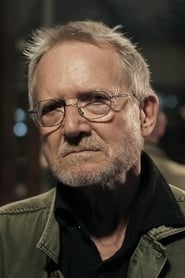The best Júlio Bressane’s movies
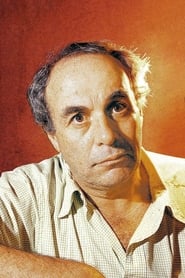
Today we present the best Júlio Bressane’s movies. If you are a great movie fan, you will surely know most of them, but we hope to discover a movie that you have not yet seen … and that you love! Let’s go there with the best Júlio Bressane’s movies.
Sentimental Education
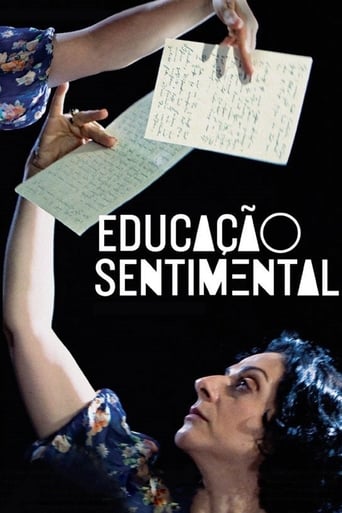
5.8/10
Sentimental Education centers on the unique relationship between Áurea, a lonely 40 year old teacher, and a young man she has just met by chance – one of these encounters which mythology and literature are full of. A delicate soul who finds itself attracted to a beauty that seems to demand, disturb and move her. That shakes her up entirely. During the days following their first conversation, she will expose all her feelings through classes in which he will let himself be carried away. Until an unusual episode from the past is revealed and changes everything.
Belair
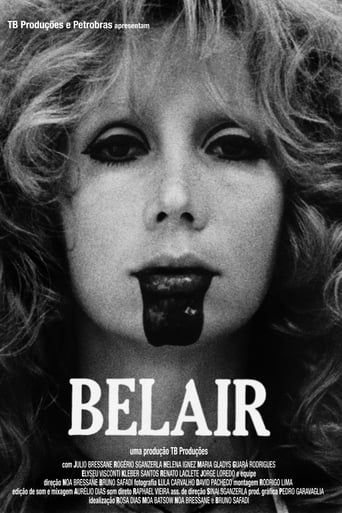
6.9/10
Between February an May of 1970, Julio Bresane and Rogerio Sganzerla made 7 films for their company Belair that were forbidden by the Brazilian censorship that reveal today images of an unique freedom.
Brás Cubas
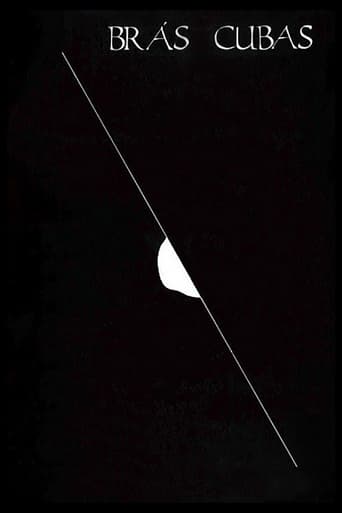
7/10
Irreverent adaptation of great writer Machado de Assis's masterpiece "Memórias Póstumas de Brás Cubas" ("Brás Cubas's Posthumous Memories"). A dead man tells about his love life and adventures, specially his affair with Virgília, a dubious married woman.
Candango: Memoirs from a Festival
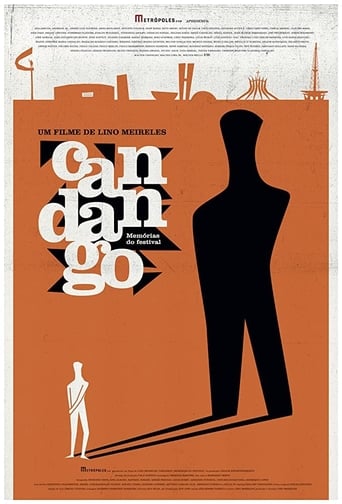
7.8/10
In 1965, a year after the military coup in Brazil, an oasis of freedom opened in the country's capital. The Brasília Film Festival: a landmark of cultural and political resistance. Its story is that of Brazilian cinema itself.
About Cinema
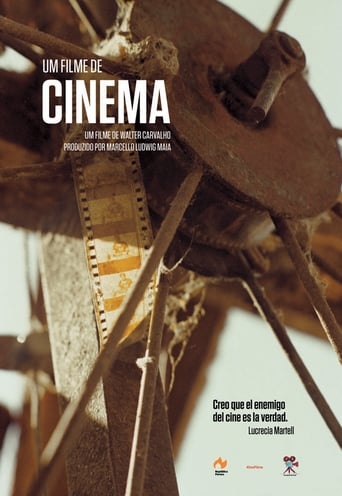
7.7/10
An abandoned tumbledown theater in the outback of Paraíba state is the initial setting of a film about cinema, which explores the testimonials of the novelist and playwright Ariano Suassuna and other filmmakers such as Ruy Guerra, Julio Bressane, Ken Loach, Andrzej Wajda, Karim Ainouz, José Padilha, Hector Babenco, Vilmos Zsigmond, Béla Tarr, Gus Van Sant and Jia Zhangke. They all respond to two basic questions: why do they make movies and why do they serve the seventh art. The filmmakers share their thoughts about time, narrative, rhythm, light, movement, the meaning of tragedy, the audience‘s desires and the boundaries with other forms of art.
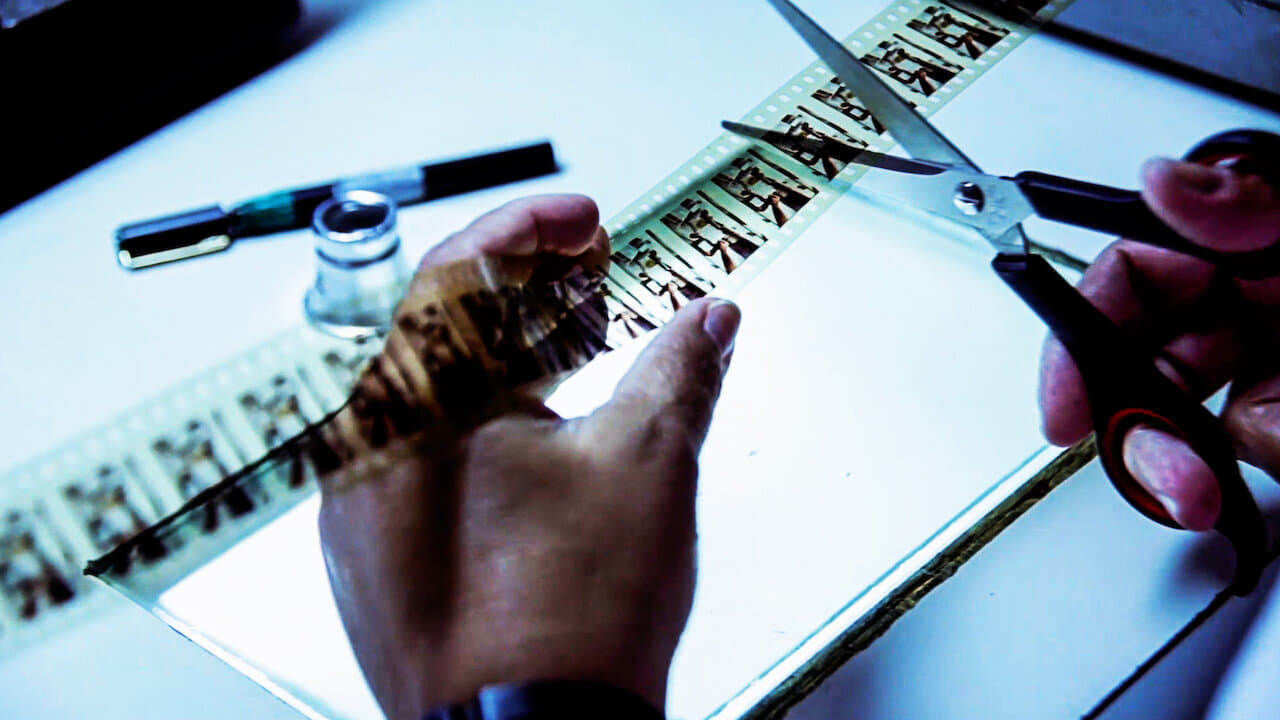
Talking Cinema
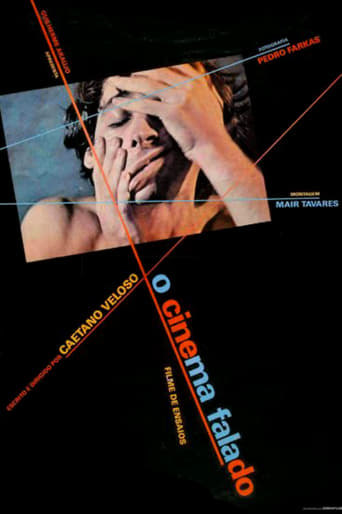
6/10
A fragmented style, patchwork of interviews with Caetano Veloso's friends, mixed with conversations, thoughts, scenes of dance and literature excerpts.
The Agony
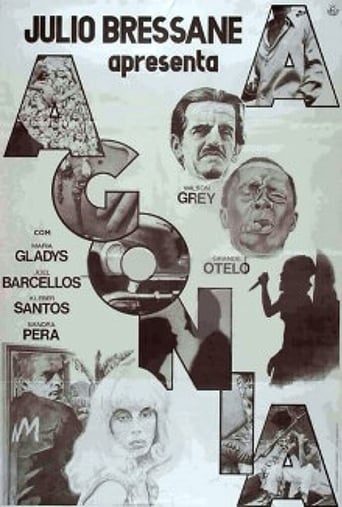
7.3/10
Cropped hair, a rosemary branch behind the ear, yellow shirt of shiny satin, he's behind the wheel of his car when passing by a woman who walks by the roadside. Strongly painted lips, printed dress with round skirt and red shoes matching the color of the lipstick, she catches his attention. He gives her a ride, the two of them stare in silence for a few moments. They introduce themselves to one another and between the two establishes an absurd dialogue and full of metaphors. And they are driving around in corners of Rio de Janeiro, to the sound of Noel Rosa and Lamartine Babo. Eva and Antena, she a seer, he, an assassin on the run, initiate an unusual case of love, a marginal love, where boredom often gives way to tragedy, creating the agony of a holiday spent in an abyss.
Lágrima Pantera
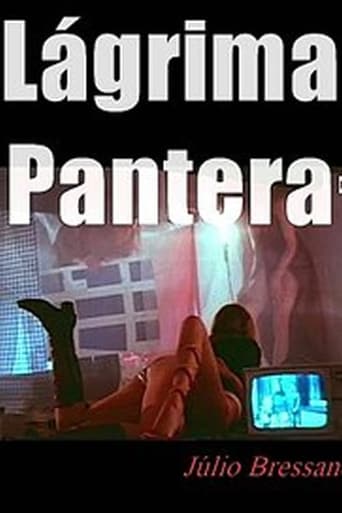
5.3/10
Fragments of a film never finished, shot in New York in 1972, including scenes in the home of Hélio Oiticica. Last film made in exile by Bressane, it mimics the experimental concept of "quasi-cinema" by Hélio Oiticica. It consists of a fragmentary experience of freedom, in super-8 and 16mm, in a code out of time, out of the square, while recreating (with different cameras) the wild and sensitive look that Oiticica dedicated to cinema.
A Linguagem do Cinema
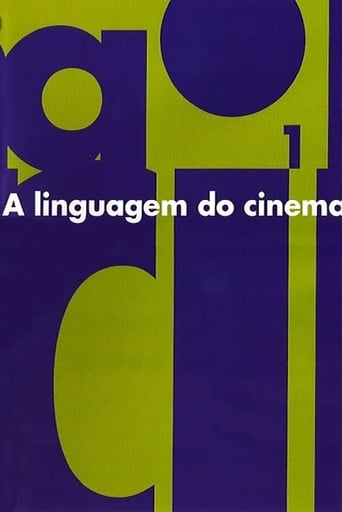
Copacabana, Mon Amour: A Restauração
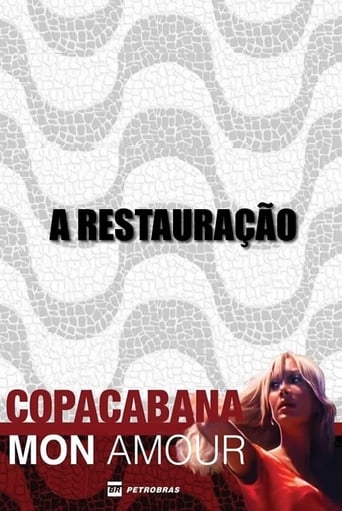
A documentary on the restoration of Rogério Sganzerla's 1970 film "Copacabana, Mon Amour".

Earth
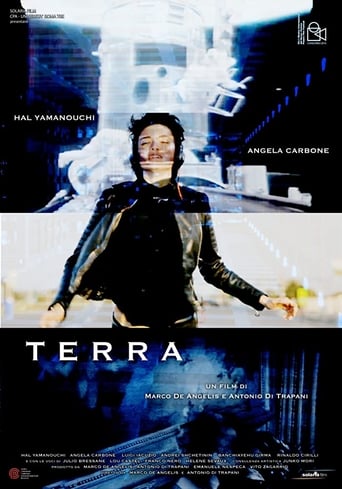
5.2/10
When I wake will I be someone else?
Viola Chinesa
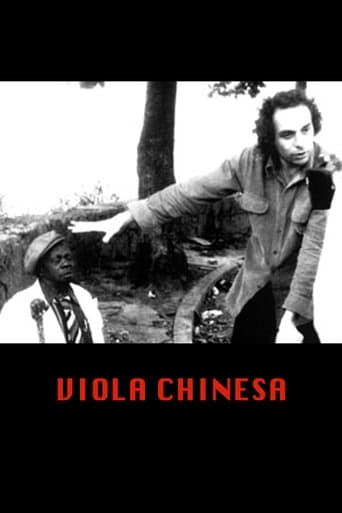
6.4/10
The rare short film presents a curious dialogue between filmmaker Julio Bressane and actor Grande Otelo, where, in a mixture of decorated and improvised text, we discover a little manifesto to the Brazilian experimental cinema. Also called "Belair's last film," Chinese Viola reveals the first partnership between photographer Walter Carvalho and Bressane.
Torquato Neto, O Anjo Torto da Tropicália
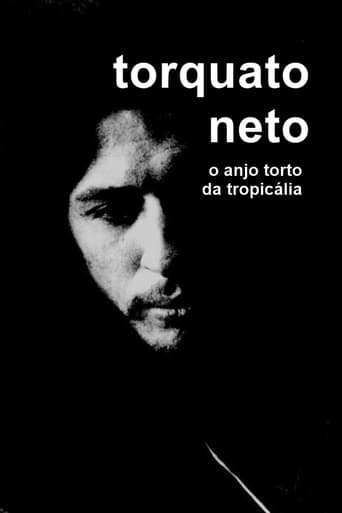
A documentary chronicling the life and works of Brazilian poet, songwriter, journalist and avant-garde filmmaker Torquato Neto, from his beginnings to his suicide at the age of 28.
Avacalha e se Esculhamba
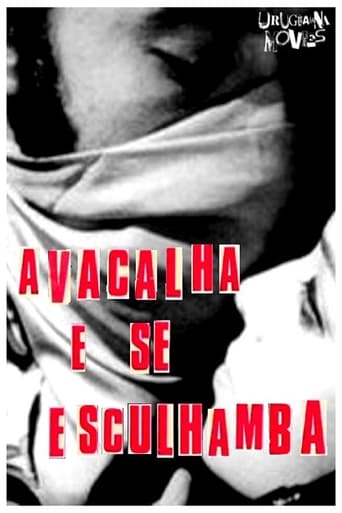
Ver Viver Reviver
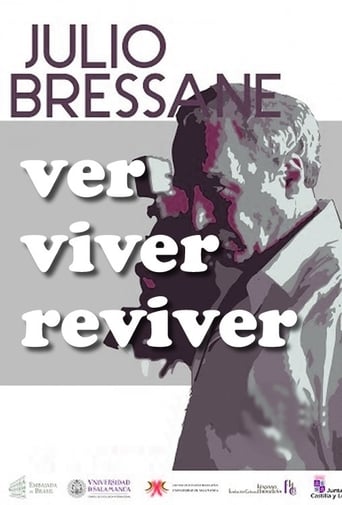
In September 2007 Júlio Bressane goes to Ferrara. In the cemetery of the Italian city he ends up making two movies.
Naive Cinema
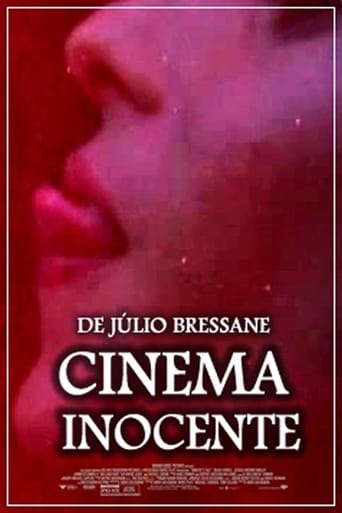
6.1/10
An essay film on the editing of erotic movies.
A Miss e o Dinossauro
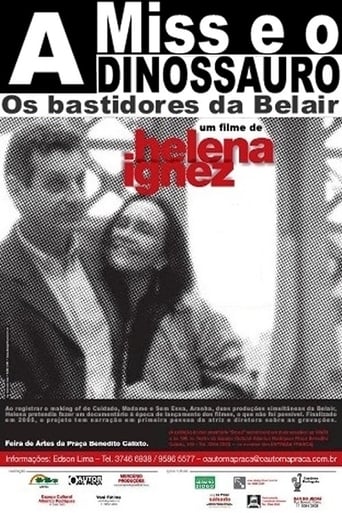
6.3/10
A short documentary on Belair, an independent Brazilian film company that lasted for only five months in 1970.
Nietzsche Sils Maria Rochedo de Surlej
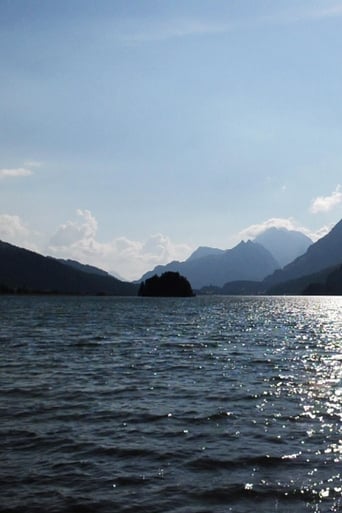
5.5/10
Bressane (together with his partner Rosa Dias and young filmmaker Rodrigo Lima) guide us through the beautiful Swiss Sils Maria, where Nietzsche spent no less than eight summers. In his letters, Nietzsche indicates which spots brought him to a different understanding of philosophy. He discovered, beyond the philosophical text, a source for ideas in the pure air, in the mountain landscapes, in the water of the lakes, and in the age-old forests.

A Vermelha Luz do Bandido
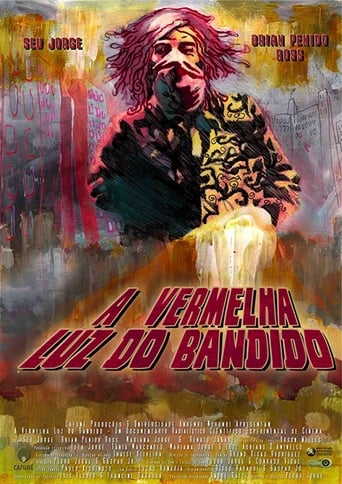
Experimental documentary short that debates over Rogério Sganzerla's Brazilian cult classic "The Red Light Bandit".

